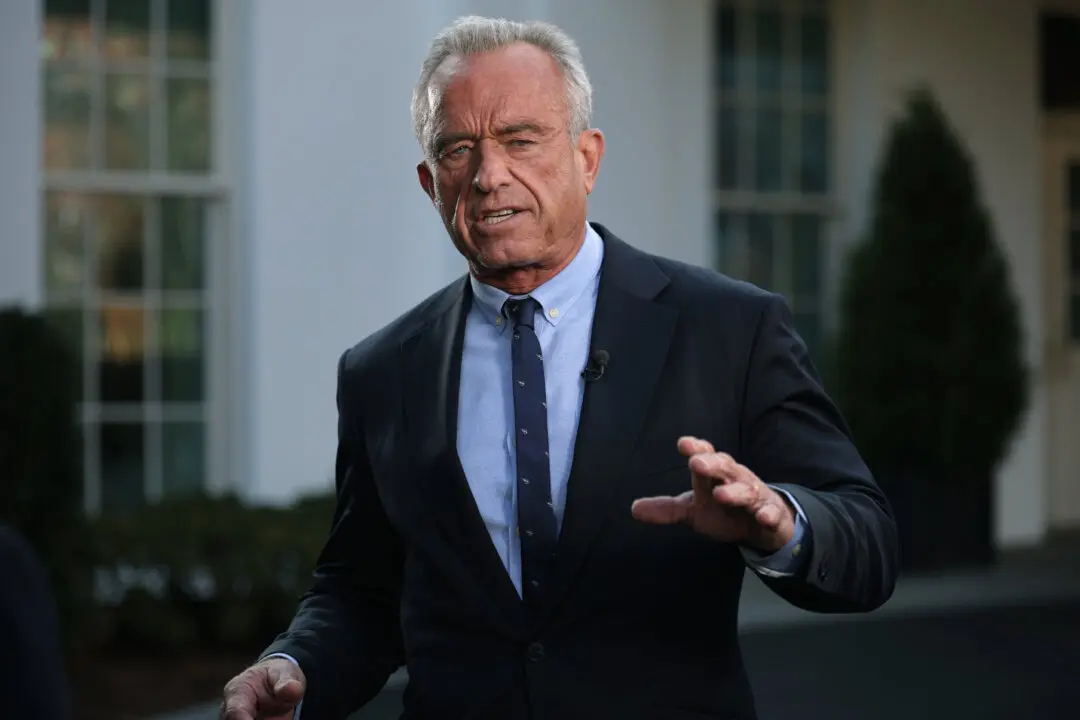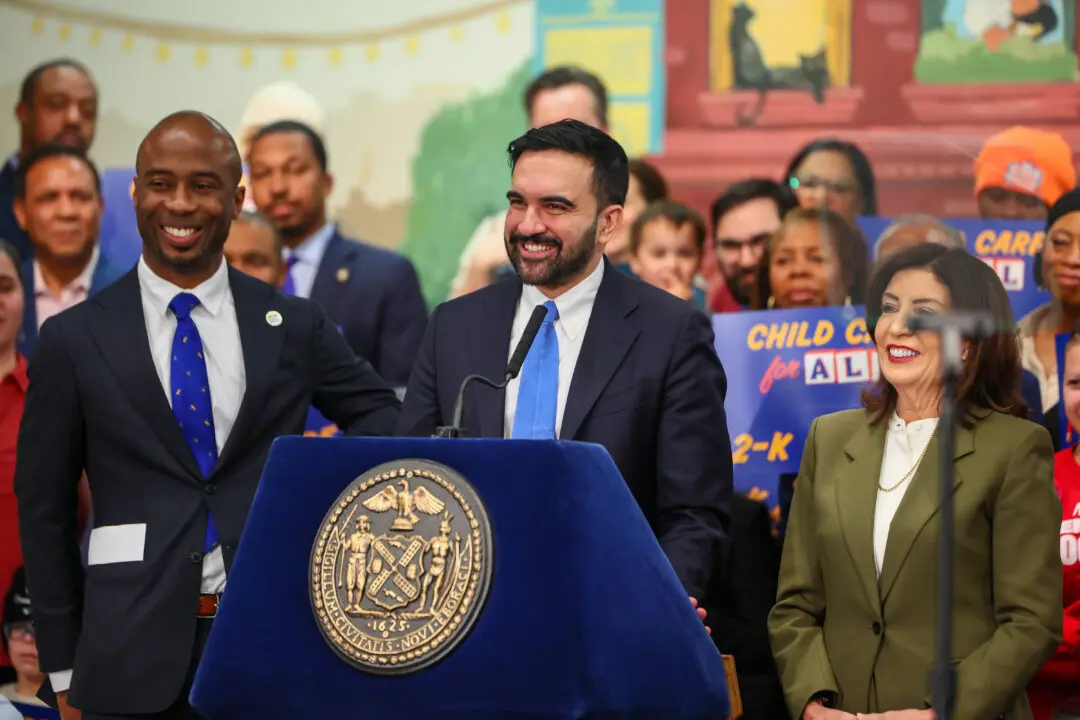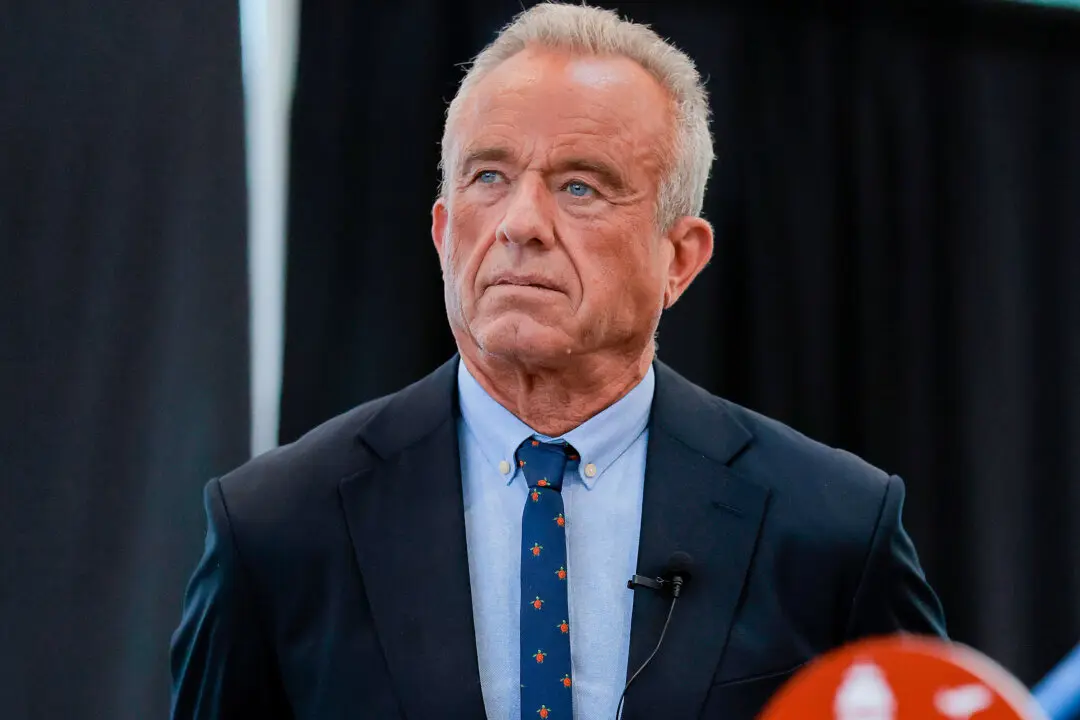The Washington Post has admitted that it did not reach out to the subject of an article before publication, despite initially claiming that it did.
Columnist Taylor Lorenz wrote that she asked a YouTube personality with the moniker ThatUmbrellaGuy for comment before the publication of her piece, which claimed that the person and similar accounts had hauled in large amounts of money by taking advantage of the lack of coverage in many outlets of the trial involving Johnny Depp and Amber Heard.





